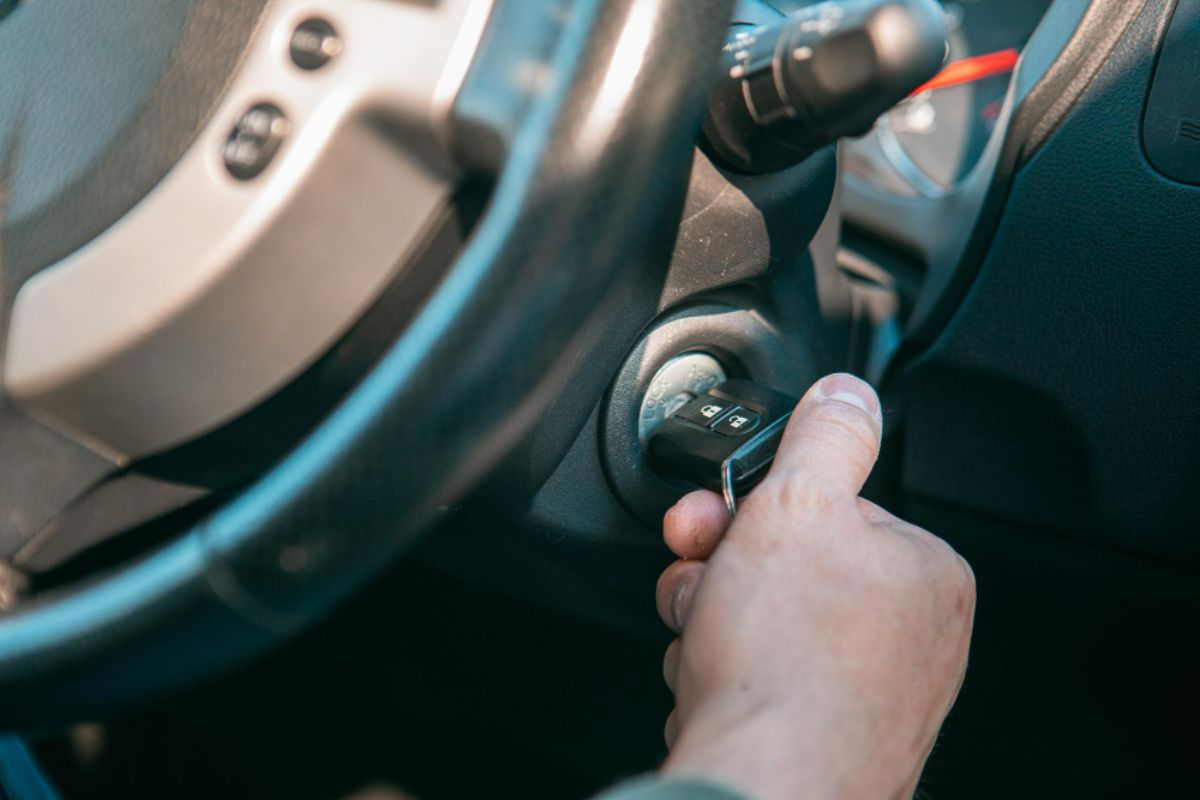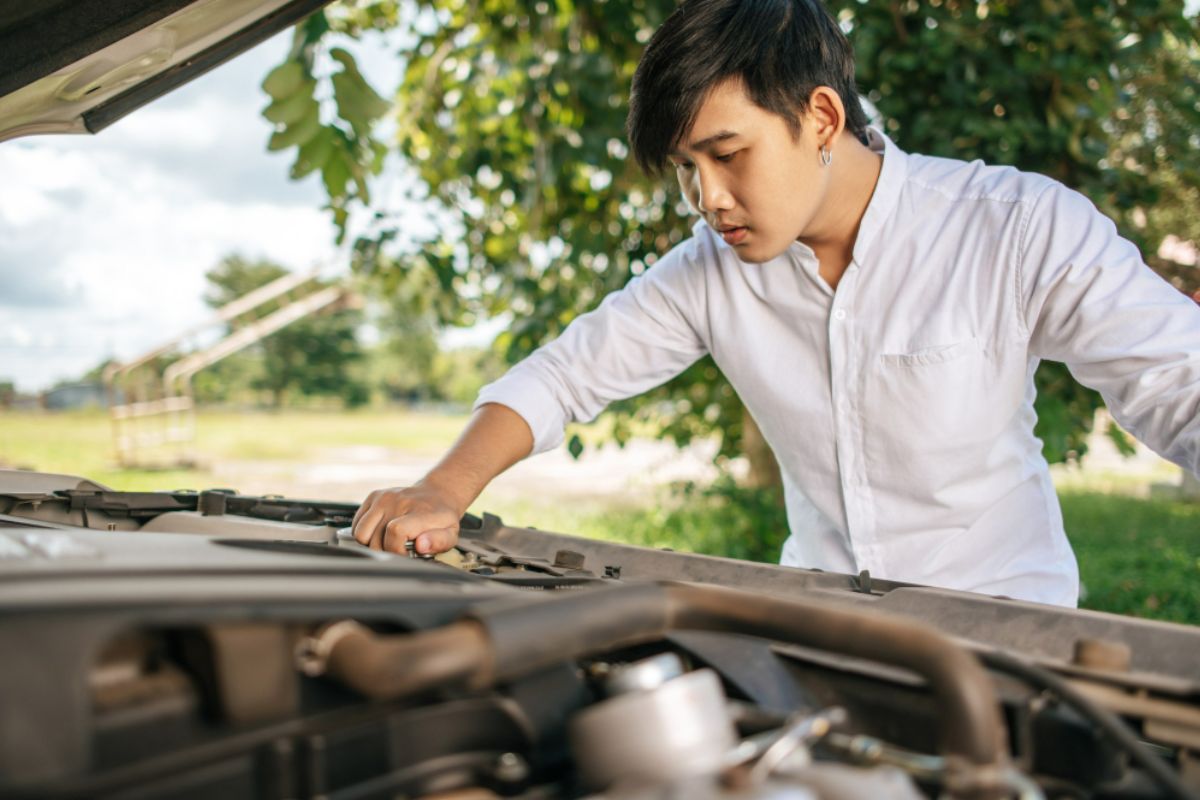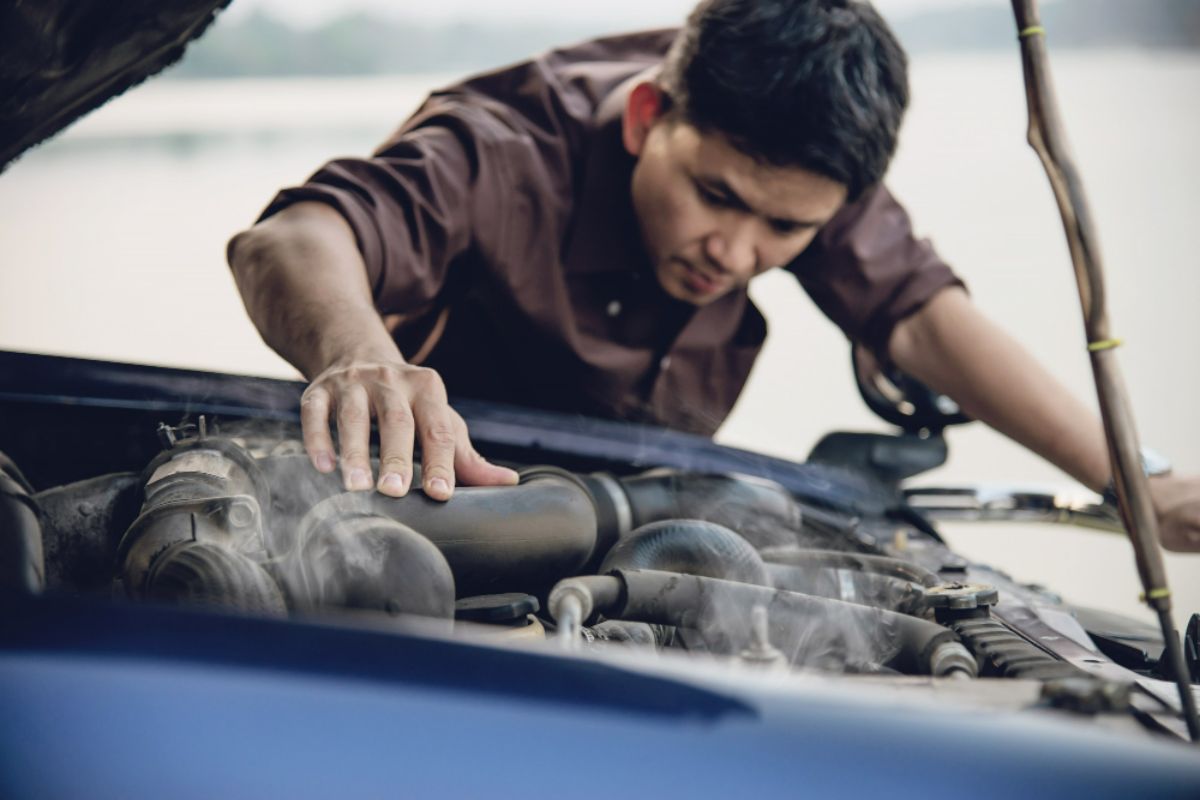What to Do When Your Engine Overheats
What to do when your engine overheats?
- Pull over safely
- Turn off engine
- Assess the situation
- Cool down
- Contact roadside assistance
Overview
- This article provides essential steps for dealing with an overheating engine to ensure driver safety and prevent costly repairs.
- It highlights the importance of promptly pulling over to a safe location, turning off the engine, assessing the situation for potential leaks or damage, and allowing the engine to cool down.
- In case of an overheating emergency, contacting reliable roadside assistance services like Motolite ensures professional assistance and prevents further engine damage.
Vehicular overheating is a threat to both driver safety and car health. It is typically triggered by compromised cooling system functionality due to factors like clogged radiator fins, depleted coolant levels, or malfunctioning thermostats. This can induce thermal expansion and deformation of critical engine components, resulting in extensive repair costs and compromised performance.
This article will explore the necessary steps on what to do when your engine overheats. Understanding these critical measures is vital when confronted with this potentially unsafe scenario.
Pull Over Safely
An overheating engine poses various risks, including damage to vital components, increased wear and tear, and the potential for a fire. If you continue driving with an overheating engine, the consequences can escalate to catastrophic failure, necessitating costly repairs or even an engine replacement.
To prevent such outcomes, pull over promptly when you notice signs of overheating. Find a safe spot to pull over, away from traffic and preferably on level ground. Turn on your hazard lights to alert other drivers to the issue.
Pulling over allows the engine to cool down, mitigating further damage and reducing extensive issues. It also preserves the health of your vehicle and avoids more significant problems down the road.
Turn Off Engine

When an engine overheats, excessive heat can cause critical engine components like cylinder heads and head gaskets to warp or become damaged. Turning off the engine stops the source of heat and prevents additional stress and damage to these components. You’re also allowing it to cool down, reducing the risk of catastrophic failure, and ensuring that you don't exacerbate the issues.
Continuing to run the engine while it is overheating can lead to more severe issues and further damage, which may require expensive repairs or even engine replacement.
Remember to only attempt to restart the engine once it has sufficiently cooled down.
Assess the Situation
Check your dashboard for warning lights indicating an overheating engine. Act immediately if you notice the temperature gauge in the red zone or a warning light illuminated.
Find a spot and once safely stopped, open the hood but avoid touching it, as it may be extremely hot. Assess the severity of the situation by looking for visible signs of steam, coolant leaks, or a burst radiator hose.
You can also check the coolant level in the overflow tank (if accessible) and radiator. If it's low, you may have a leak or insufficient coolant. But do not attempt to open the radiator cap until the engine has cooled down to avoid burns.
Cool Down

There are several other factors that can contribute to an elevated temperature in your car's engine. For instance, a faulty water pump is responsible for circulating coolant through the engine to regulate temperature. If it fails, the coolant circulation decreases, leading to overheating.
Among other metal components, overheating can cause them to expand or permanently deform. Cooling down your engine helps avoid thermal stress on various engine parts, preventing premature wear and extending the overall lifespan of your vehicle.
Contact Roadside Assistance
Nobody relishes the sight of smoke billowing from their hood—it's the automotive equivalent of seeing red. In that moment where nothing feels reassuring, that's when reliable roadside assistance services come in.
Motolite’s technicians are trained to handle various automotive issues, including overheating engines. We have the expertise and tools to assess the situation, identify the root cause of the problem, and provide appropriate solutions.
We are on call 24/7, ready to diagnose and help in your car emergency. This ensures that your vehicle receives professional attention, and you can avoid causing further damage by attempting to drive with an overheated engine.
Key Takeaway
Knowing what to do when your engine overheats is like having a safety net on your next adventure. Incorporating these simple steps into your routine not only prioritizes your well-being and avoids potential hazards, but you also contribute to a cleaner environment with fewer emissions.
Don't let an overheated engine ruin your journey. Download Motolite's RES-Q app, your instant lifeline on the road. No matter the time, our reliable service is your direct line for any roadside emergency assistance requirements from an overheated engine to tire assistance. Reach out or call us 24/7 and experience the Motolite difference.








